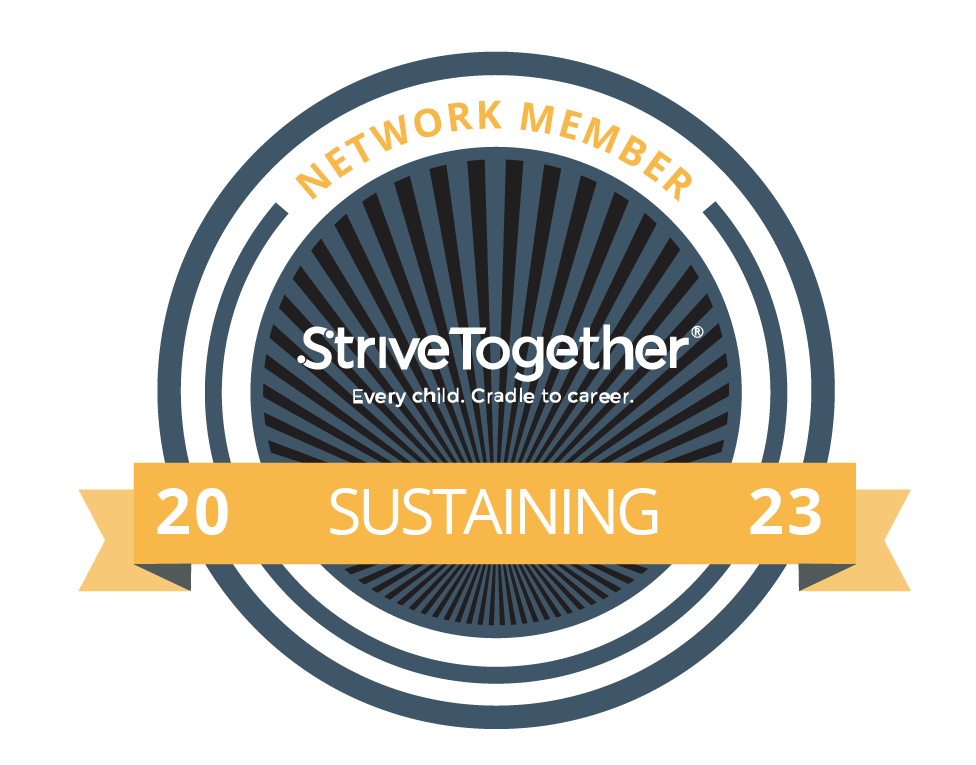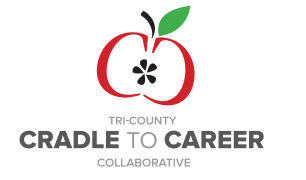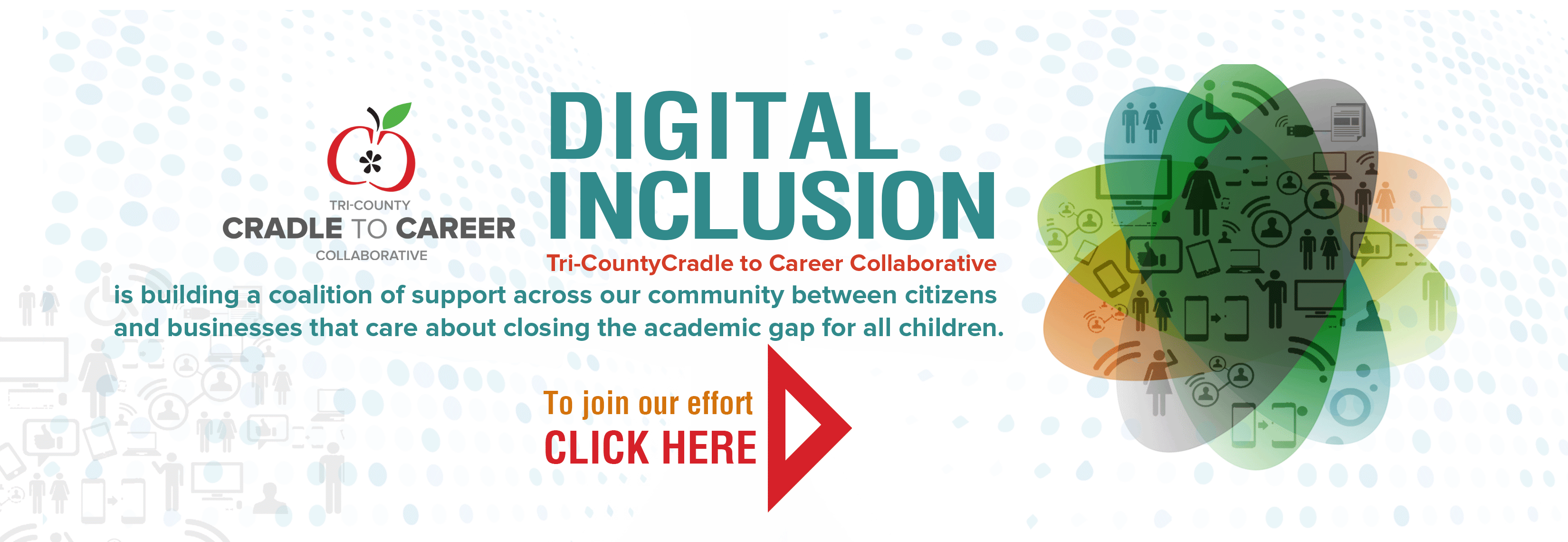TRI-COUNTY
CRADLE TO CAREER
COLLABORATIVE
(TCCC)
TCCC’s vision is that all children are embraced by our community as our own and supported to reach their full potential in school and in life, cradle to career. We have brought together a cradle to career network to address the persistent and systemic educational inequities in Berkeley, Charleston, and Dorchester counties. We work to close the educational equity gaps at every stage along the cradle to career educational journey.
OUR UNIQUE APPROACH
We use the StriveTogether collective impact framework to align around a common vision, use data to hold each other accountable, take collective action, and advocate for equitable, systemic change. TCCC is the only organization in the community that solves tough, community challenges by utilizing the five important elements of the Collective Impact Approach:
Common Agendas | Shared Measurement | Mutually Reinforced Activities | Continuous Communication | Backbone Support

Our Commitment to Students and Families:
• Policy and program solutions built upon a solid racial equity foundation
• Solutions that balance technology with social and emotional learning
• A “new normal” for children and families navigating education and health systems in a COVID-19 environment
• Community-led solutions that provide a nexus of activity between parents, educators, businesses and service providers

Lowcountry Connect!
Digital Inclusion is the activities necessary to ensure that all individuals and commmunities, including the most disadvantaged, have access to, and use of, information and communication technologies.

Lead Supporters


To Affect Change,
We Must Create Change.


Contact Us
Philosophy
We believe placing community at the center of our work unveils real-life experiences. It is the way we engage with the community that makes us different.


